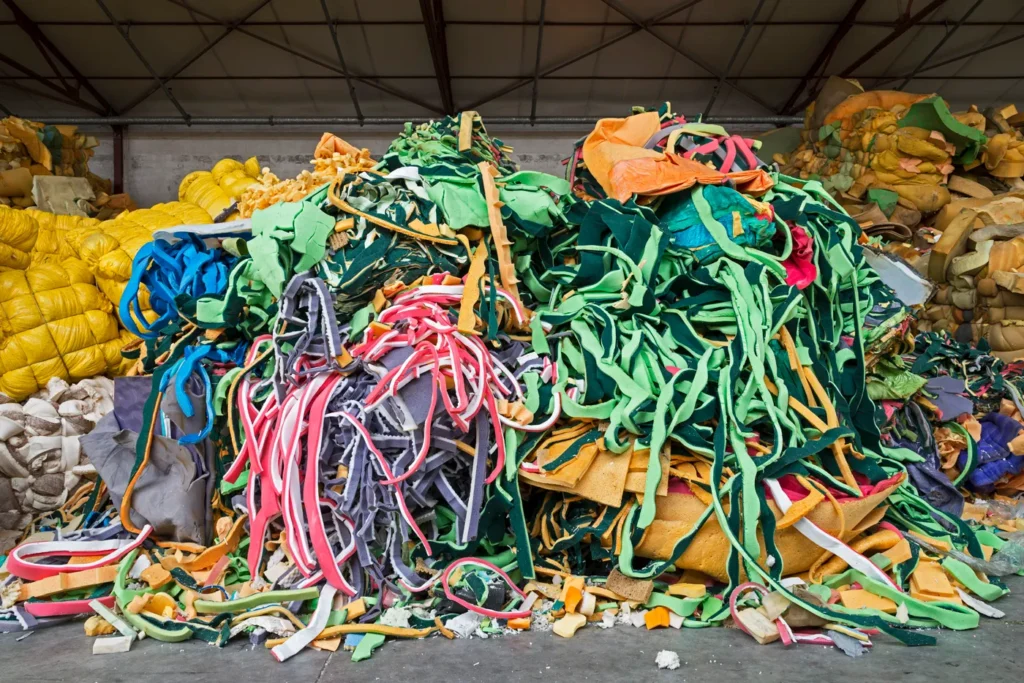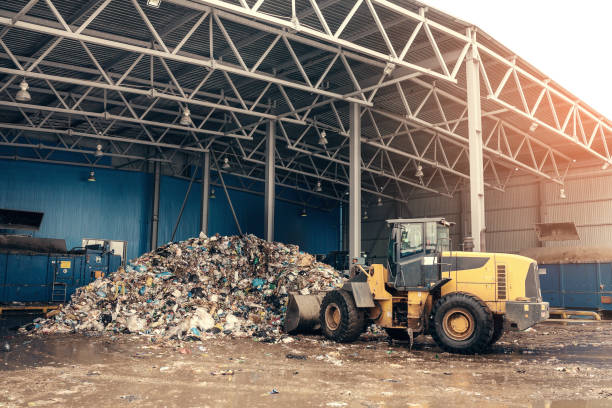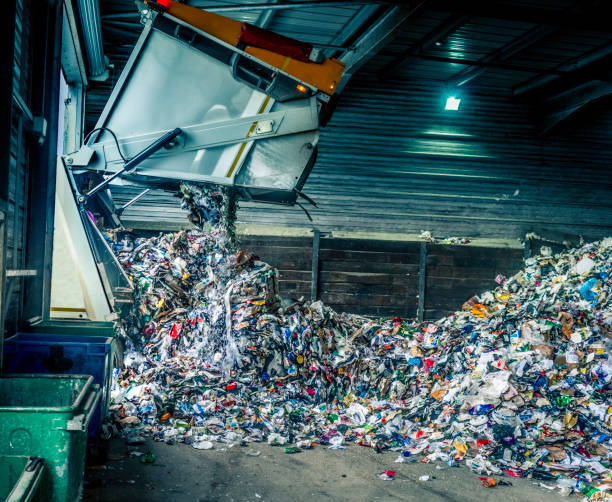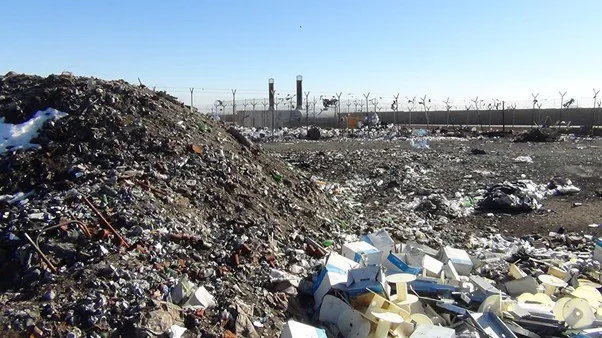
In today’s economy, waste isn’t just an environmental concern — it’s a business cost. While many organizations focus on energy and labor efficiencies, waste management is often an overlooked area where significant savings can be made. Whether you’re a small business, a manufacturer, or a municipality, understanding the economics of waste can lead to both cost reductions and new revenue opportunities.
In this blog, we’ll explore how efficient waste management can save money and even boost your bottom line.
💸 1. Lower Disposal and Hauling Costs
When you reduce the amount of waste you generate, you reduce the volume and frequency of waste pickups, which can cut your disposal bills dramatically.
Example:
- A restaurant that separates food waste for composting may reduce general waste volume by 30–50%, resulting in fewer trash pickups and lower fees.
✅ Tip: Conduct a waste audit to identify what you’re throwing away and how much of it is recyclable or compostable.

♻️ 2. Revenue from Recyclables
Many materials you currently pay to dispose of—like cardboard, metals, or even electronics—may actually be valuable recyclables.
Example:
- Businesses that bale and sell their cardboard to local recyclers can turn waste into a revenue stream instead of a cost.
✅ Tip: Partner with a certified recycling facility or broker to get fair market value for your recyclables.
🏭 3. Increased Operational Efficiency
Inefficient waste processes—such as overflowing bins, redundant hauling, or mixed waste streams—can lead to higher labor, storage, and cleaning costs.
Example:
- A manufacturing facility that organizes waste at the source reduces cleanup time and improves workflow.
✅ Tip: Implement clearly labeled bins at waste generation points to reduce sorting costs and contamination.

🏛️ 4. Avoiding Fines and Compliance Costs
Improper waste disposal—especially of hazardous materials, e-waste, or food scraps—can result in regulatory fines and legal consequences.
Example:
- Non-compliance with local landfill bans (like those on electronic waste or organics) can lead to fines up to thousands of dollars per incident.
✅ Tip: Stay informed about local waste disposal regulations and train staff regularly.
📊 5. Reduced Purchasing Costs (Through Waste Prevention)
The most cost-effective waste is the waste you never create. Reducing packaging, avoiding over-ordering, and repurposing materials all cut costs at the purchasing level.
Example:
- Offices that shift to digital documents reduce not only paper waste but also costs for ink, storage, and shredding.
✅ Tip: Track your purchasing data to identify overused items that generate excess waste.
🌍 6. Enhanced Brand Image and Competitive Advantage
Consumers and B2B clients alike prefer brands that demonstrate environmental responsibility. Efficient waste management can give you an edge in marketing, CSR (corporate social responsibility) reporting, and bid proposals.
Example:
- A business with zero-waste certification can attract eco-conscious customers and even secure government contracts.
✅ Tip: Publicize your waste reduction achievements on your website, social media, and product packaging.
🔧 7. Waste-to-Energy Opportunities
In some sectors, especially agriculture and food production, waste can become a resource — powering biogas plants or thermal energy systems.
Example:
- A dairy farm that turns manure into biogas can cut energy costs while also reducing methane emissions.
✅ Tip: Explore partnerships with local energy recovery facilities if your waste stream contains organic or combustible material.
📈 Conclusion: Waste Less, Save More
Efficient waste management isn’t just about being green — it’s about being smart. With the right strategies in place, businesses and organizations can cut costs, unlock new income sources, and improve overall efficiency. Whether you’re just starting your sustainability journey or optimizing an existing program, smart waste practices are good for your wallet — and the planet.

Want Help Cutting Waste Costs?
At Green Planet Solutions, we help businesses, schools, and municipalities implement smarter waste strategies that save money and reduce environmental impact. Contact us today for a free waste audit or customized waste reduction plan.
Follow us on Below channels :
https://www.thegreenplanetsolutions.com
https://www.indiamart.com/greenplanetsolution/about-us.html
https://in.linkedin.com/company/green-planet-solutions
https://www.facebook.com/p/Green-Planet-Solutions-100063535827041

